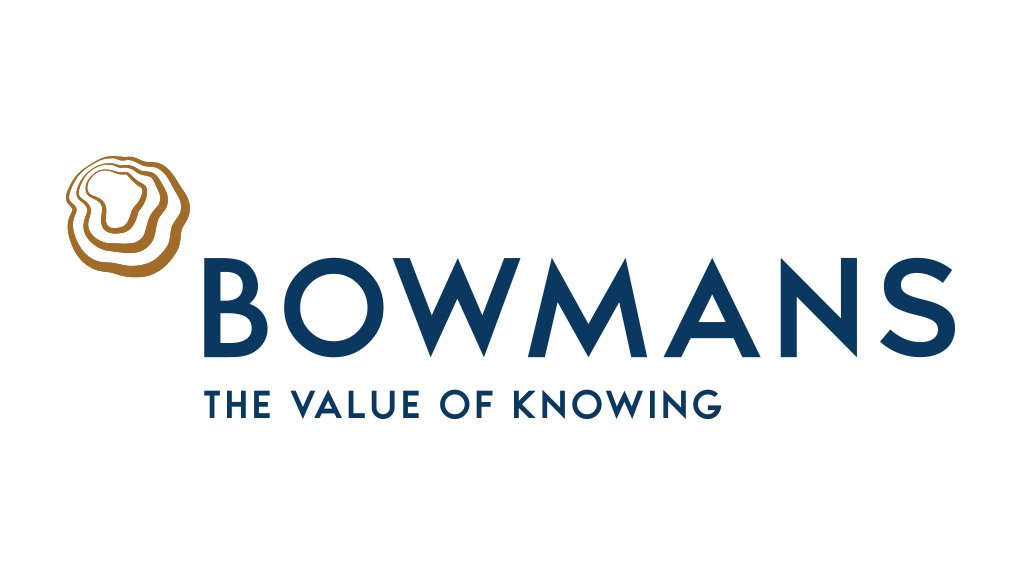Foreign remote workers who may have begun packing their suitcases for work stints in South Africa following the publication of the amendments to the Immigration Regulations on 28 March 2024 would have had their plans interrupted by the withdrawal of those regulations by the Minister of Home Affairs (Minister) two weeks later.
This about-turn came following push-back from the National Economic Development and Labour Council (NEDLAC) which expressed concern about the timing of the publication of the final regulations.
As a reminder, the Secondment Amendment to the Immigration Regulations, which, among other things, introduced the new ‘digital nomad visa’ in South Africa, were published a day before the closing date for public comments on the draft version, published in February this year.
The Minister, who informed the public that he had been ‘ill-advised’ in publishing the amendments before the conclusion of the period for public comment, has now republished those amendments. The ‘second take’ of the Second Amendment of the Immigration Regulations, came into force on 20 May 2024.
While the republished version is largely in line with the previous version, there are some noteworthy changes, particularly when it comes to the digital nomad visa provisions. We highlight these changes as follows:
Definition of remote work
In the previous version, the digital nomad visa was available only for work conducted in South Africa for a foreign employer on a remote basis. The republished regulations now refer, somewhat clumsily, to ‘work conducted … for a foreign employer or derives foreign source income on a remote basis’.
The intention behind the ‘foreign source’ insertion is not clear. Based on the use of the word ‘or’, it may be to extend the application of the digital nomad visa to foreign entrepreneurs or individual consultants who work for themselves, remotely. They would not work for a foreign employer but would presumably receive payment from foreign clients. The use of the term ‘foreign source income’ is bound to cause confusion, though.
In the context of tax, ‘source’ refers to the originating cause of income. If such originating cause (e.g. the rendering of services) is situated in South Africa, the income would be from a local source – even if payment is received from foreign clients. This results in some uncertainty regarding how this concept will be interpreted and implemented.
Earnings threshold
As before, to qualify for the visa, the foreigner must earn no less than the equivalent of ZAR 1-million per annum. It has now been confirmed that this figure relates to ‘gross income’.
Duration
Previously, the regulations exempted the foreign employee from registering with the South African Revenue Service (SARS) if their visa was issued for a period of less than six months in a 12-month period. This cut-off has now been tightened and the ‘exemption’ will only be available if the foreign employee spends less than six months in a 36-month period in South Africa. This 36-month period aligns with the maximum duration of the visa, which may not exceed three years. Also, the ‘exemption’ will not be available automatically, but the employee must apply to be exempted by SARS from registering as a taxpayer.
Employment legislation
An additional proviso has been added requiring compliance with legislation governing employment of workers in the Republic, ‘if applicable’. It is not entirely clear from the wording whether it is the foreign employee, or the foreign employer who is required to comply with this legislation and which employment legislation is contemplated here. It may be that the intention is to ensure, for example, that foreign employees are subject to terms and conditions of employment (such as leave entitlements) that are no less favourable than those prescribed by our Basic Conditions of Employment Act, 1997 while they are working in South Africa.
Concluding thoughts
In our previous articles, we highlighted some of the tax and other legal considerations arising from the digital nomad or remote working visa (see here and here).
From a tax perspective, our concerns and comments remain largely unchanged. While the visa is being lauded as a substantial boost for our economy, further reforms are required to remove tax risk for foreign employers. Currently, foreign employers still face the risk of a remote worker creating a permanent establishment for the foreign employer, and that this could trigger an obligation to register as a taxpayer and as an employer with SARS. Without the removal of these tax risks, the digital nomad visa will not bring the economic boost our country so desperately needs.
From an employment perspective, the additions in the regulations seem to confirm that, depending on the circumstances, South African employment laws may apply to remote workers while they are working in the country. It is accordingly important for foreign employers who are considering permitting their employees to work remotely from South Africa to take into account the possible employment law implications.
Written by Aneria Bouwer, Senior Consultant, Chloë Loubser, Knowledge and Learning Lawyer and Sian Gaffney, Senior Associate at Bowmans Law
EMAIL THIS ARTICLE SAVE THIS ARTICLE ARTICLE ENQUIRY
To subscribe email subscriptions@creamermedia.co.za or click here
To advertise email advertising@creamermedia.co.za or click here











